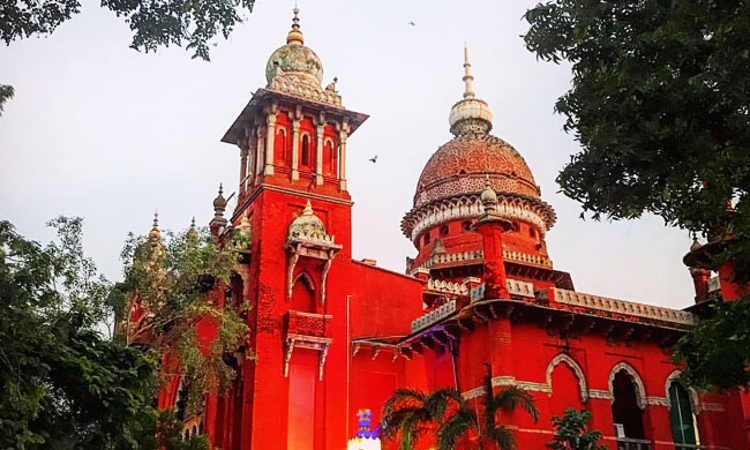Puducherry Local Body Elections: Madras High Court To Decide If Reservation For Backward Classes Is Mandatory
Sebin James
1 Dec 2021 10:37 AM IST

Next Story
1 Dec 2021 10:37 AM IST
In a batch of petitions challenging the withdrawal of reservation for Backward Classes (BC) and Scheduled Tribes (ST) in the upcoming Puducherry local body elections, the Madras High Court is set to examine if providing reservation for BC is mandatory as per the Constitutional provisions or not.The bench of Acting Chief Justice Munishwar Nath Bhandari and Justice P.D Audikesavalu will take...
